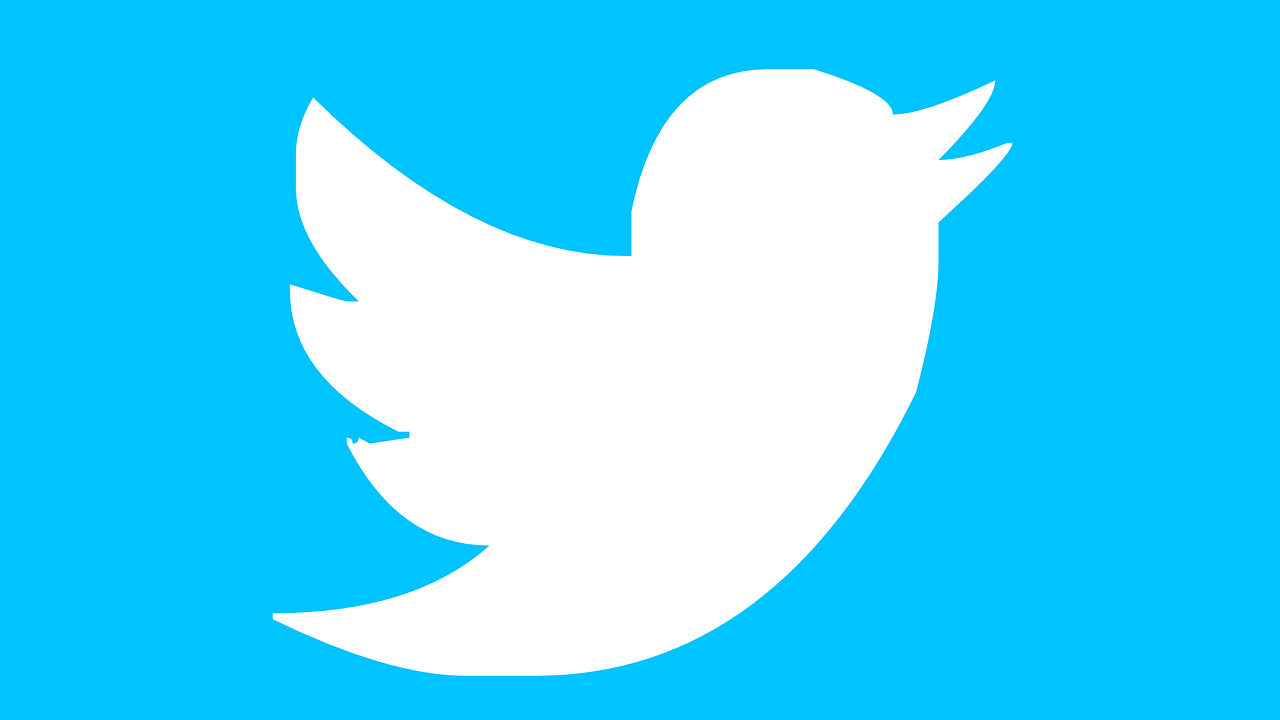Twitter’s Double Standard on Incitement
Al-Masry Al-Youm, Egypt , May 28
Twitter, as we all know, is an American social networking site that provides a microblogging service, which allows its users to send “tweets” that will get retweets or likes of other users, with a maximum of 280 characters per message. The Federal District Court of Northern California rejected former US President Donald Trump’s lawsuit against Twitter, in which the former president demanded the restoration of his accounts on the social network and compensation for banning him. Trump, along with a number of his lawyers, sought to restrict Twitter’s legal immunity in the event that it blocks the content posted by users, noting that blocking his accounts and attempts to censor him are unconstitutional. As a reminder, Twitter banned Trump’s account indefinitely on January 8, 2021, two days after his supporters stormed the US Capitol in an attempt to disrupt the parliamentary approval of Joe Biden’s victory in the electoral race. Twitter justified its decision at the time by claiming it has done so to “prevent the risk of further incitement to violence.” This last sentence – “the risk of further incitement to violence” – is important and worth paying attention to. This is because it raises questions about other acts of incitement to violence that have not been banned by Twitter. What about the hostile accounts that incite violence in Egypt? Twitter, Facebook and YouTube are full of inflammatory accounts that call to target innocent civilians across the Arab world, and yet we did not hear about a ban, suspension or even a warning of these accounts! My goal isn’t to pass judgment about Trump’s qualifications to run for and serve in office. But comparing the remarks of a populist president to those of hard-line extremists who openly call to harm others is simply unheard of. If Twitter’s policy is to curb all forms of extremism on its platform, then there are thousands, if not hundreds of thousands, of accounts that should be blocked first. These accounts are not hard to find. Yet they are safe from being banned so long as they make threats outside US territory. Let’s be clear: incitement on Twitter is prohibited only if it harms the American public. – Hamdi Rizk (translated by Asaf Zilberfarb)
Give the gift of hope
We practice what we preach:
accurate, fearless journalism. But we can't do it alone.
- On the ground in Gaza, Syria, Israel, Egypt, Pakistan, and more
- Our program trained more than 100 journalists
- Calling out fake news and reporting real facts
- On the ground in Gaza, Syria, Israel, Egypt, Pakistan, and more
- Our program trained more than 100 journalists
- Calling out fake news and reporting real facts
Join us.
Support The Media Line. Save democracy.



